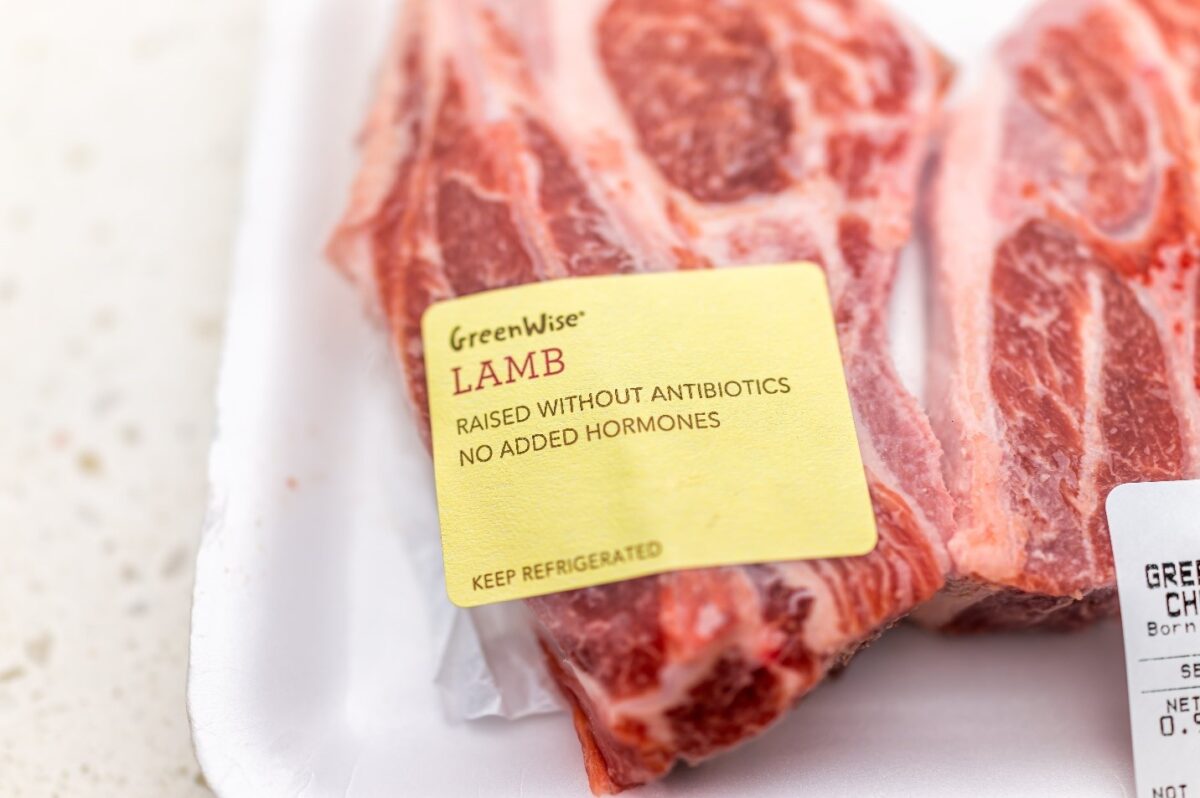In recent years, consumers have become more health-conscious and environmentally aware, leading to an increasing demand for antibiotic-free meat. This demand stems from concerns over the potential health risks associated with antibiotic use in livestock, such as antibiotic resistance, and the desire for more natural, ethical farming practices. However, navigating the world of food labels and certifications can be confusing. With terms like “organic,” “raised without antibiotics,” and “no antibiotics ever” appearing on packages, it’s essential for consumers to understand what these labels truly mean to make informed decisions. Superior Farms of Denver explores the various labels and certifications related to antibiotic-free meat, how to interpret them, and what consumers should look for when shopping for high-quality, antibiotic-free products.
Common Labels and What They Mean
When shopping for antibiotic-free meat, there are several labels and certifications you may come across. Here’s what they signify:
- “Raised Without Antibiotics”
This label means that the animal was never administered antibiotics throughout its life. It applies to all types of meat, including chicken, pork, beef, and turkey. This label is regulated by the U.S. Department of Agriculture (USDA), so it’s a reliable indicator that the meat is antibiotic-free.
- “No Antibiotics Ever”
Similar to “Raised Without Antibiotics,” this label indicates that the animal never received antibiotics at any stage of its life. This phrase is sometimes used by producers as a way to market their products more clearly, but it essentially means the same thing. Again, the USDA oversees this label to ensure accuracy.
- “No Antibiotics Added”
This label can be misleading for consumers. While it suggests that the animal was not given antibiotics, the USDA permits this label even if antibiotics were used for treatment purposes. For example, if an animal becomes ill and needs antibiotics, the farmer may still use this label as long as antibiotics were not routinely used for growth promotion or disease prevention. Always check for other certifications if you’re looking for completely antibiotic-free meat.
- “USDA Organic”
The USDA Organic label is perhaps the most comprehensive. Meat with this label must come from animals that were raised without antibiotics or synthetic hormones. In addition to being antibiotic-free, organic meat means the animals were given organic feed and had access to the outdoors, making this a more holistic certification.
This label is highly regulated and is one of the most reliable for those seeking antibiotic-free meat, as it also includes other animal welfare and environmental benefits. However, organic meat can be more expensive due to these stricter regulations and the cost of organic farming practices.
- “Hormone-Free”
Although this label is unrelated to antibiotics, many consumers mistake hormone-free claims for antibiotic-free ones. In the U.S., federal regulations prohibit the use of hormones in raising pigs and poultry, so this label is essentially unnecessary for these types of meat. However, hormones can be used in cattle, so if you are concerned about hormone use, this label is important for beef products.
Third-Party Certifications
In addition to USDA-regulated labels, several third-party organizations certify antibiotic-free meat. These certifications often carry more stringent requirements and may offer greater peace of mind to consumers.
- Certified Humane®
The Certified Humane label ensures that animals were not only raised without antibiotics but also under humane conditions. The certification requires animals to have access to clean, safe environments with appropriate space to move and live a healthy life. Antibiotics are only allowed if the animal is sick and requires treatment, and in such cases, the animal is removed from the Certified Humane program.
- Global Animal Partnership (GAP)
The GAP label is often found on products from select retailers. This certification features multiple tiers that indicate different levels of animal welfare. To meet GAP standards, animals cannot be given antibiotics unless medically necessary, in which case they may be removed from the GAP program. This certification is helpful for consumers who are looking for higher animal welfare standards in addition to antibiotic-free claims.
- Animal Welfare Approved
This label, from A Greener World (AGW), ensures that animals were raised under the highest standards of humane farming and without the use of antibiotics. The certification also emphasizes sustainable farming practices, so it’s an excellent choice for consumers who prioritize both health and environmental impact when shopping for meat.
Tips for Buying Antibiotic-Free Meat
- Look for Multiple Labels: If you’re concerned about more than just antibiotics, look for products that combine multiple certifications, such as “USDA Organic” or third-party labels like Certified Humane® or Animal Welfare Approved. These often indicate higher standards of farming that go beyond antibiotic use.
- Understand the Labeling Laws: The USDA regulates many of these terms, but it’s still worth checking whether a label is backed by third-party certification or specific government oversight.
- Ask Your Butcher: If you’re buying from a local market or butcher, ask about the sourcing of their meat. They may be able to provide more detailed information than you’ll find on a package label.
- Research Brands: Some brands have built reputations for their transparency and commitment to antibiotic-free practices. Researching the companies behind the products can help you feel more confident in your choices.
With growing concerns over antibiotic resistance and a desire for more ethically sourced food, antibiotic-free meat has become a top priority for many consumers. By understanding the various labels and certifications, shoppers can make more informed decisions about the meat they buy, ensuring that it meets their standards for health, safety, and sustainability. When in doubt, look for USDA Organic or third-party certifications like Certified Humane® or Animal Welfare Approved to ensure you’re getting genuinely antibiotic-free meat.

